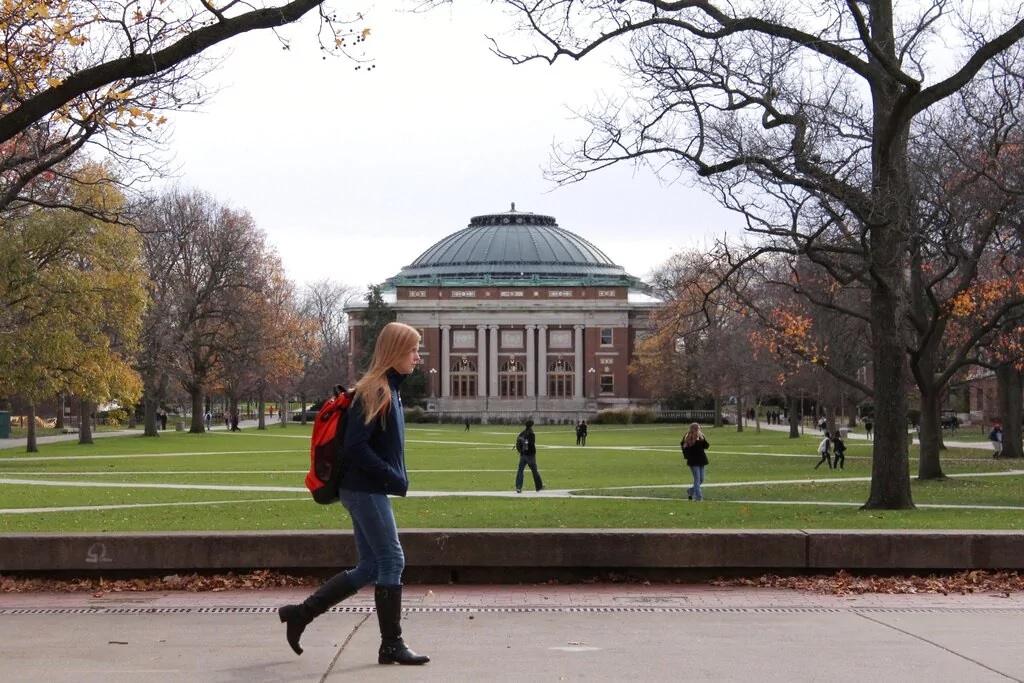
Illinois proposes a new funding model for public universities
A bill introduced in Illinois seeks to establish a funding model for public universities that allocates financial support based on the race of enrolled students. Senate Bill 3965, introduced by Senate Majority Leader Kimberly A. Lightford, proposes that universities receive $6,000 for each Black or American Indian student, while Hispanic students would yield $4,000. In contrast, no funds would be allocated for White or Asian students.
This legislation, part of ongoing efforts to create an equitable funding model, follows the recommendations of a report from the Commission on Equitable Public University Funding. This commission was established by a 2021 bill introduced by Lightford, which mandated the creation of a funding framework to address disparities in higher education funding in Illinois. The commission worked for two years to develop a comprehensive report that outlines the proposed funding approach.
The proposed model includes an "Adequacy Target" for each university, considering its various roles and missions to determine how much state funding it should receive. A corresponding "Resource Profile" would assess existing financial resources, including state funds, student tuition, and other institutional resources. The difference between the Adequacy Target and the Resource Profile would create an "Adequacy Gap," which would guide future state allocations.
The funding formula aims to address inequities in education funding and support historically underserved groups, including Black, Latinx, and low-income students. The report states that an equitable funding formula must recognize differences in students' financial capabilities and the varying levels of support required for success.
The proposal is rooted in addressing historical disparities in educational attainment. For example, statistics indicate that only 23% of Black Illinoisans hold bachelor’s degrees or higher, compared to 40% of White Illinoisans and 67% of Asian Illinoisans. The report notes that only 17% of Hispanics achieve the same level of education, leading to discussions around the need for targeted support.
However, the proposed model faces scrutiny, particularly regarding its potential legal implications. The U.S. Supreme Court's 2023 ruling in Students for Fair Admissions v. Harvard deemed racial preferences unconstitutional. Critics argue that the proposed funding model may conflict with existing legal frameworks, including provisions of the Civil Rights Act of 1964, which prohibits discrimination based on race in federally funded programs.
The future of SB 3965 and its associated funding model remains uncertain as it awaits legislative approval and potential judicial review. The ongoing discussions surrounding this bill highlight the complexities of addressing equity in education funding within the context of legal and societal frameworks.







